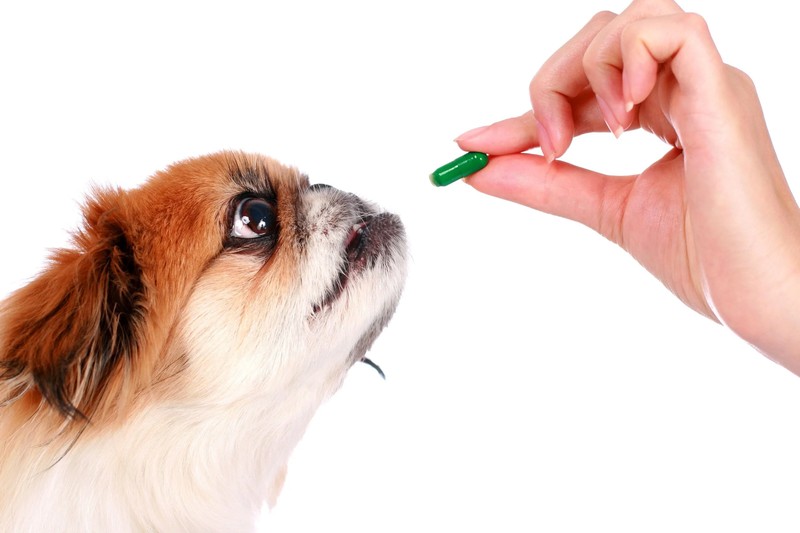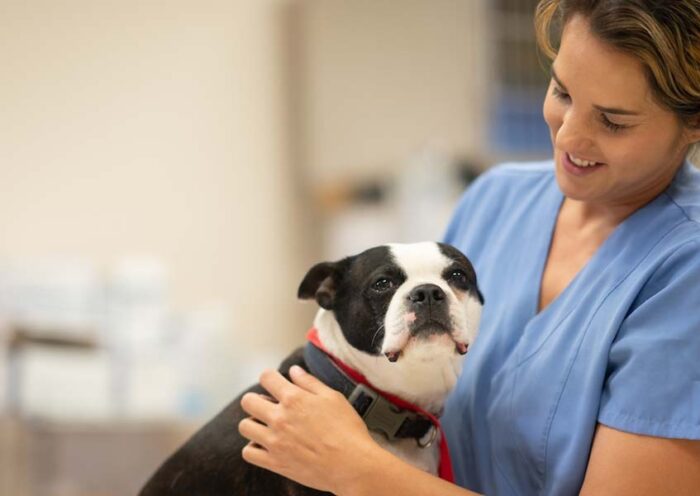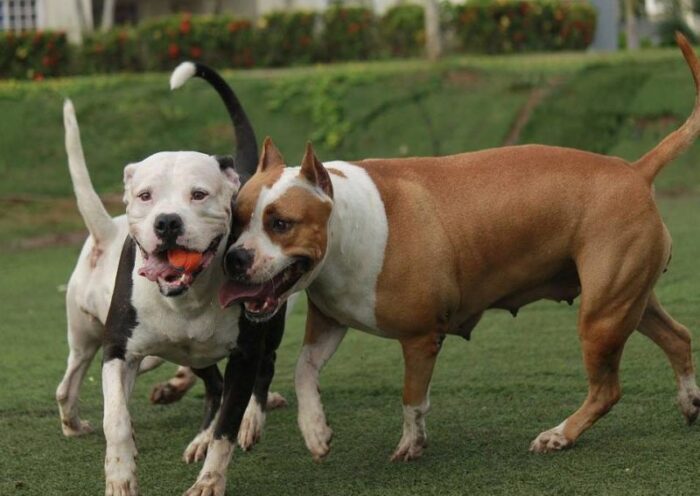
What human vitamins are good for dogs?
Just like humans, pets need essential nutrients to grow strong and healthy. However, what is good for you, does not necessarily have to be good for your dog. For example, while small doses of CBD oil or vitamin B can be only beneficial for your furry friends, foods rich in vitamin C can do harm, as your dog’s body produces it itself.
When your dog eats nutritious foods, it does not need any supplements. However, it can be pretty challenging to figure out a healthy diet suitable for your pet. In that case, additional doses of several nutrients can help.
In this article, you will find a list of 8 nutrients your dog needs. Vitamin A, D, K, phosphorus, calcium, CBD oil – here you have everything. Read on and make sure that your pet stays happy and healthy.
Vitamin A
Vitamin A is essential for normal growth and development of your dog’s bones, teeth, cell membranes, and mucous membranes. Vitamin A is involved in healthy eyesight. In fact, dogs with vitamin A deficiency may experience night blindness or blurriness. This nutrient also helps to maintain the right amount of fat in the blood. It keeps the skin, hair, and fur healthy, supports the immune system and helps to process food properly.
Vitamin B
There are 13 different B vitamins. They are all essential for the proper functioning of the nervous system, heart, muscles, skin and coat. B vitamins help burn carbohydrates, fats and proteins, support the immune system, promote red blood cell production and keep your dog happy, playful and full of energy. In that case, if your dog seems to be depressed, tired or even nauseous, it may be a sign of a B vitamin deficiency.
Phosphorus
Phosphorus is a mineral which is part of the backbone of DNA and RNA. It is also present in ATP – the universal energy currency in the body. It helps to form strong bones and teeth, as well as muscles. Phosphorus works together with calcium to help build strong and healthy teeth and bones. It also keeps your pet’s nails from breaking too easily. However, an excess of phosphorus can lead to kidney failure and calcification of soft tissues.
Calcium
Calcium is most abundant mineral in your dog’s body. Calcium is also important for maintaining health of your pet’s heart and circulatory system. This mineral is used in bone formation and helps to build stronger teeth and bones. Calcium also works together with phosphorus to help build strong bones and teeth. However, excess calcium can lead to kidney stones and calcification of soft tissues.
CBD Oil
CBD oil is one of the most popular natural ingredients among pet owners nowadays. It has been proven that this oil improves your pet’s physical condition while improving its overall health. CBD oil can be used for treating inflammation, pain, anxiety, seizures, cancer, diabetes, arthritis and even more conditions. Doctors recommend giving 1-2 drops of this liquid per 10 pounds of your dog’s weight per day. Make sure that you choose a high-quality CBD oil designed specifically for pets if you want to avoid any side effects.
Vitamin D
Vitamin D plays an essential role in the proper absorption of calcium from food. Therefore, it is crucial for building strong bones and teeth in dogs as well as improving their overall health. In addition to that, Vitamin D keeps the immune system strong so that your furry friend will not catch any infections or diseases easily. This vitamin regulates blood pressure levels as well as heart rate. According to many veterinarians, dogs need about 10 micrograms of vitamin D per pound of their body weight per day. Since this amount cannot be achieved by just eating raw food or other traditional foods rich in this nutrient, supplements are often recommended. You can either choose a liquid supplement or put vitamin D drops into your dog’s food every day without worrying about negative side effects. Remember: too much vitamin D can lead to toxic levels in a dog’s body!
Vitamin K
The main function of Vitamin K is to stimulate bone marrow to produce blood cells quickly enough when they are needed by the body after an injury or wound occurred. Vitamin K also promotes proper blood clotting by activating specific proteins called clotting factors. When there is too little Vitamin K in your dog’s body, its bones become brittle and weak (osteoporosis). Therefore, you should make sure that your pet gets enough Vitamin K in his diet on a daily basis. Kale and broccoli are great sources of this nutrient! Also take note that vitamin K1 – the natural form found in food – is different from vitamin K2 – the synthetic form commonly added to commercial dog food brands! Make sure that you never confuse them! The synthetic form has been connected with bone fractures in dogs!
Iron
Iron is one of the most important nutrients involved in carrying oxygen throughout your dog’s body via hemoglobin – a protein contained within red blood cells that carries oxygen from the lungs to the rest of the body. Iron deficiency can cause anemia which can result in weakness and fatigue which can hinder your dog’s physical activity level. Dogs usually get their iron needs met by consuming meat with high levels of heme iron (found only in meats) or iron-fortified foods such as kibbles or treats made especially for pets. You can also give your pet a supplement containing iron twice a week if you notice that its body lacks this nutrient but do not forget to discuss this with your veterinarian first! Excess iron can lead to toxicity which may trigger serious health problems including organ damage!
Conclusion
Our pets deserve our love and attention. Give them the joy of living by taking good care of their health. Every healthy meal has an important role in keeping your dog happy, playful, and energetic, so do not forget to provide it with a balanced diet rich in vitamins and minerals!





